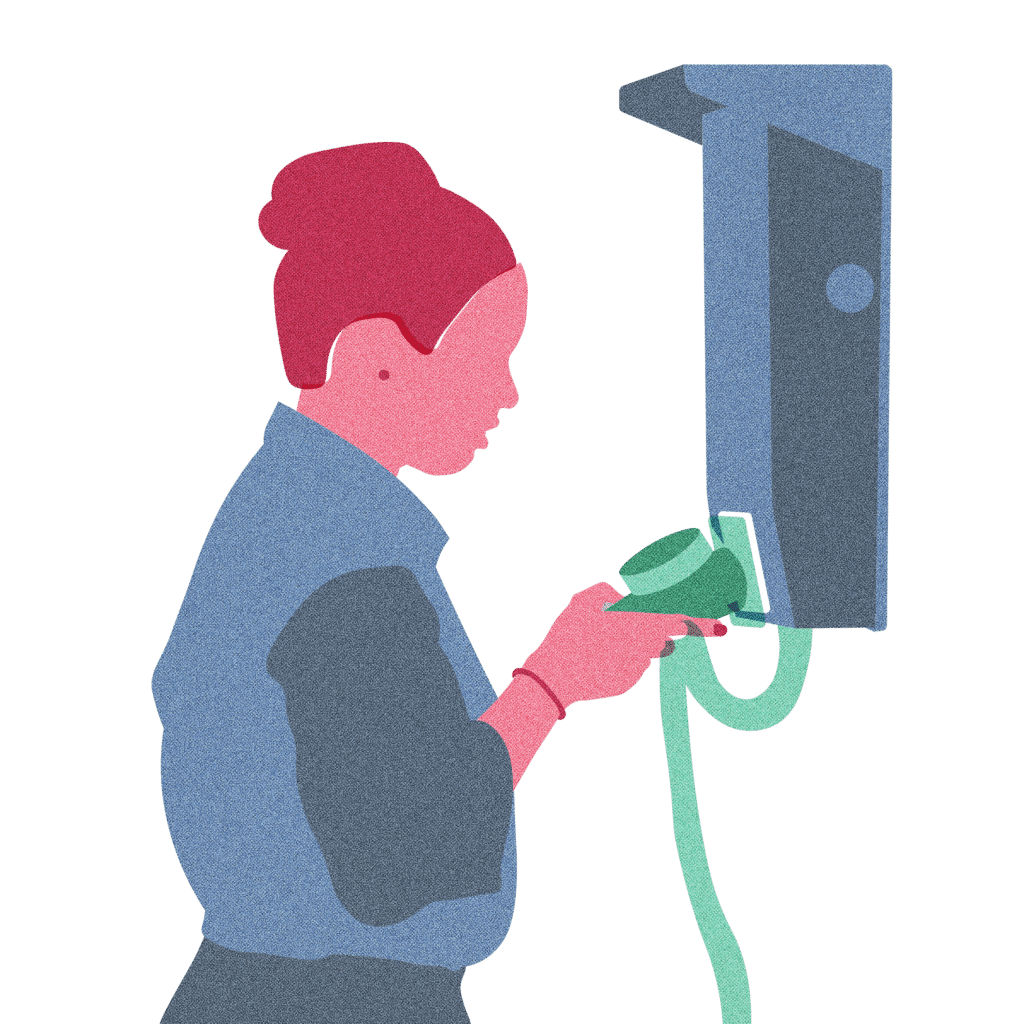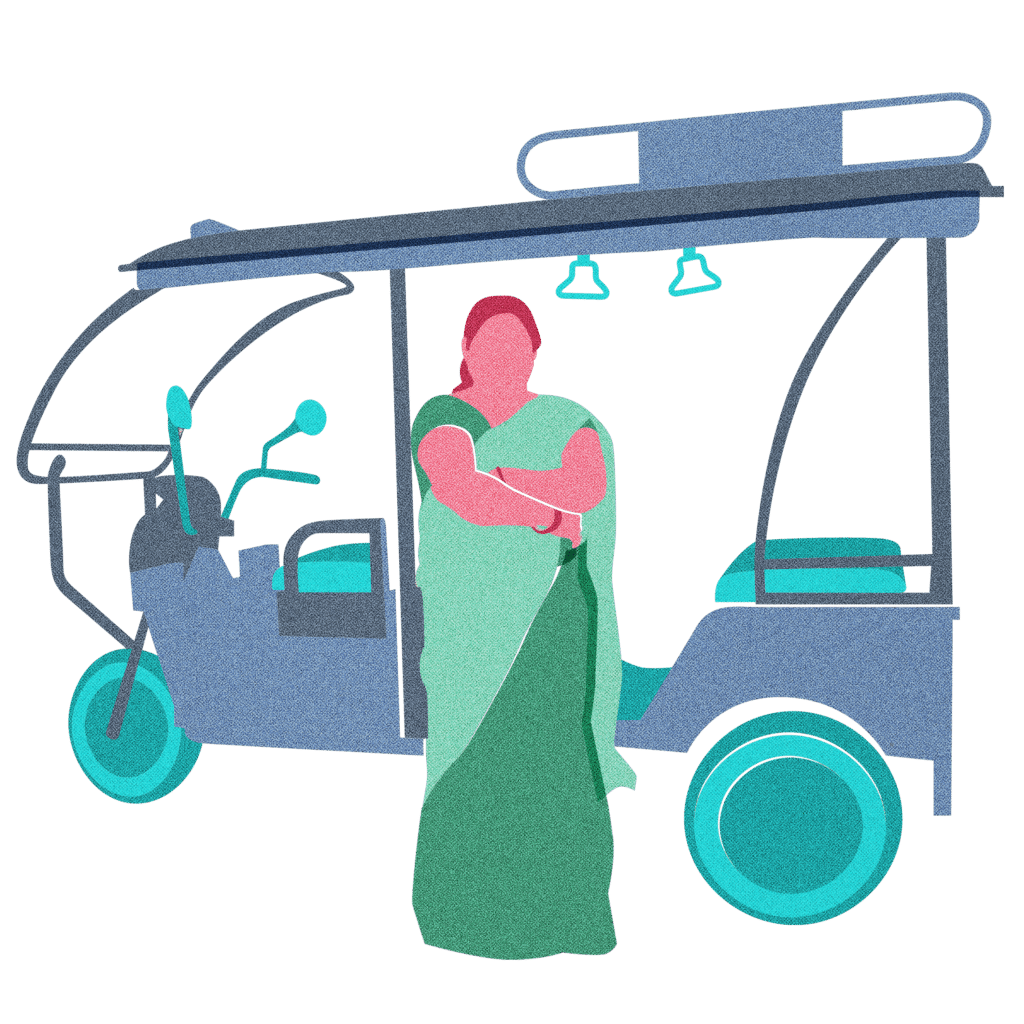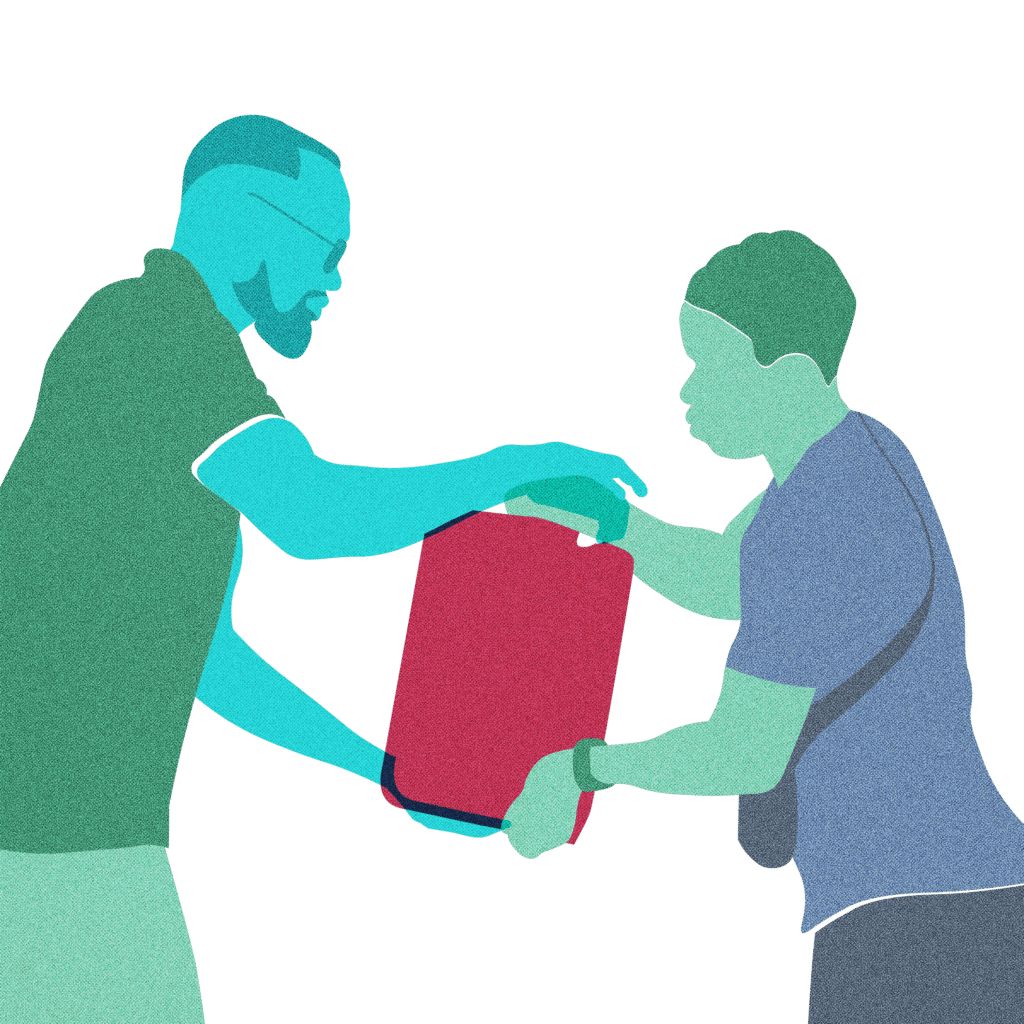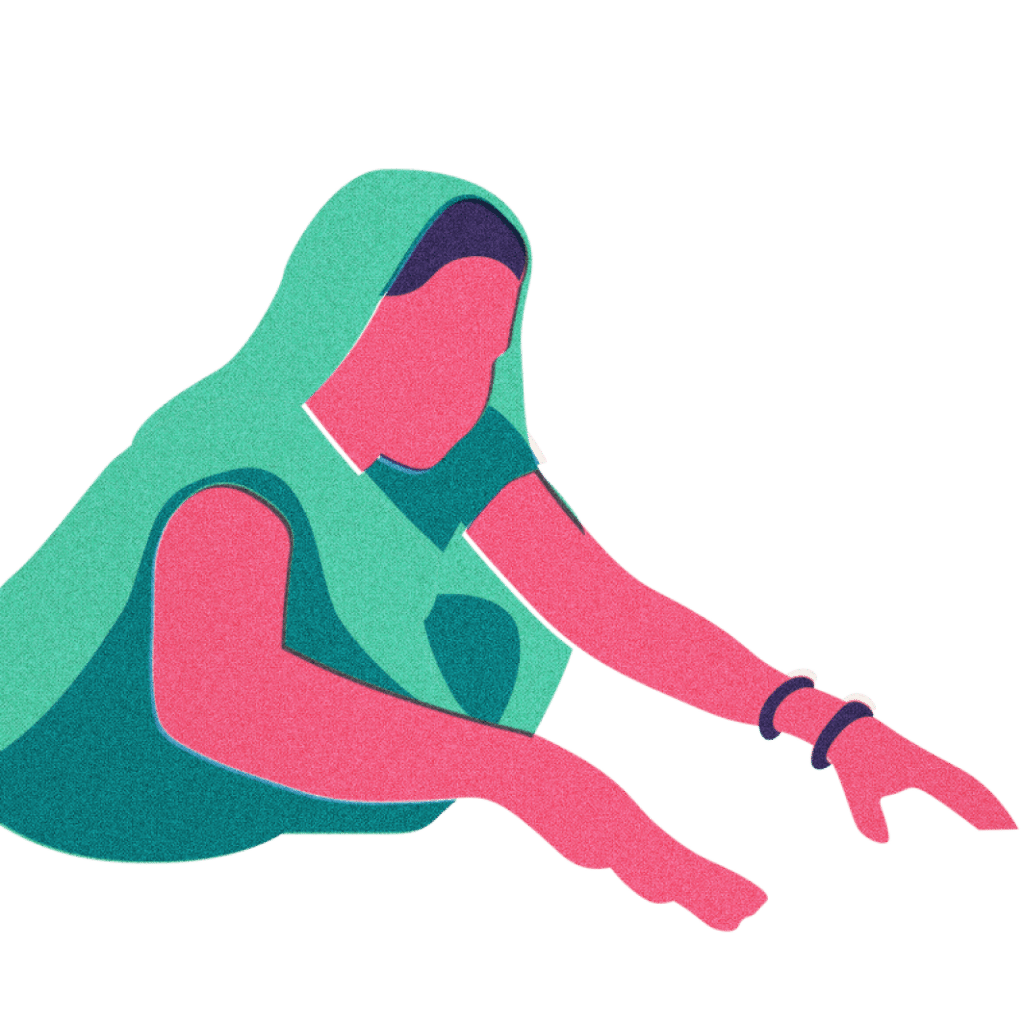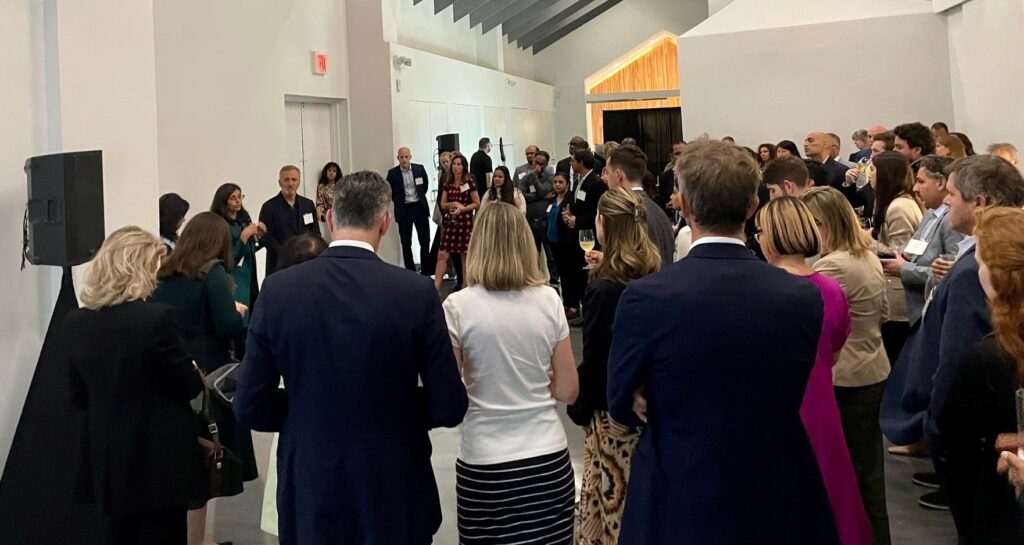
Three takeaways from New York Climate Week
Last week, a delegation of six Shell Foundation staff attended New York Climate Week. The goals of the team were to understand current trends, opportunities and challenges in steering international finance into emerging markets.Through a series of events, group and 1-to-1 meetings with aligned organisations, the team were able to progress several conversations that will deliver impact for our three target customer groups – smallholder farmers, micro-entrepreneurs and urban transporters.
The following trends were what we heard across the week:
There is still work to be done to connect global climate targets with human equity and impact
While there was quite a bit of talk around macro-level financing gaps and climate targets, there were fewer mentions of the human impact resulting from innovations in technology and businesses.
There was also little explicit reference to people’s livelihoods. We believe that if you are not discussing income, poverty and economic opportunity, you are at risk of missing the pressing issues of emerging market customers.
Where equity and impact were mentioned, it was clear that there still exists a tension between the two priorities. How do global capital markets reach a single female farmer in Kenya, or a rickshaw driver in India? How do we steer international will towards the most underserved populations in Africa and south Asia?
Only an inclusive climate transition can work.
This is a challenge that Shell Foundation considers critical to sustainable development. Read our customer insights, which we use to inform interventions that serve not just the here and now but considers the need for long-term economic empowerment.
Innovations in partnerships are making capital markets work for underserved populations
We held several meetings with asset owners and managers, business leaders, and investors who are working diligently to ensure their funding strategies are designed in a way that works to deliver impact goals.
Shell Foundation has a role to play in meeting this challenge by:
- being willing to take risk with its catalytic capital;
- remaining agile and innovative in co-creating appropriate solutions; and
- sharing evidence and experience of what solutions have the potential to reach millions of our target customers
During the week we co-hosted a reception with our long-term partner US DFC to highlight innovations in technology, finance and partnerships working at the nexus of climate and gender.
Shell Foundation CEO Jonathan Berman and DFC Deputy-CEO Nisha Biswal both spoke at the event to the partnership’s resounding success. Specifically highlighting the meeting of our five-year MOU targets in less than half the intended time.
With the co-funding TIME and CASEE partnerships with FCDO and MOUs with DFC, BII, FMO and Nuveen Capital, we now have $600m of catalytic funding partnerships providing a capital continuum for scaling of off-grid energy solutions.
We saw other partnerships and platforms demonstrating innovation and impact like Amazon and USAID’s Climate Gender Equity Fund announcement of increased funding for women-founded and women-led climate tech companies for example.
Where partnerships didn’t yet exist, it was noticeable how many organisations, specifically corporates, openly admitted they cannot achieve their goals alone and are looking for collaborations that, as one Chief Sustainability Officer put it, ‘design solutions as one team.’
We need to empower women as drivers of the inclusive transition, not simply beneficiaries
There is a striking bank of evidence and action to promote gender-intentional interventions, through finance, partnership and technology, if we are to achieve a truly just and inclusive energy transition.
Read: Marginalised groups become a key strategic priority for next five years
At the SF/DFC evening reception, Jonathan and Nisha both referenced an upcoming gender-based loan platform. The platform gives companies the ability to receive year-on-year interest step downs as they prove out their ability to meet gender targets tailored to their business. This allows the technology providers to access affordable debt for scale and encourages gender inclusion to be deeply engrained in their growth trajectory.
This trend and viewpoint were pleasingly prevalent throughout the week, from Mars declaring the future of farming is women, to Visa Foundation’s mission statement of ‘uplifting everyone, everywhere through economic empowerment.
Looking to the future
We are now looking at our COP 28 programming and beyond by considering how we can continue to support customer-focused early-stage innovation and work with delivery partners and international finance to scale the best solutions to reach millions of men and women across Africa and south Asia.





